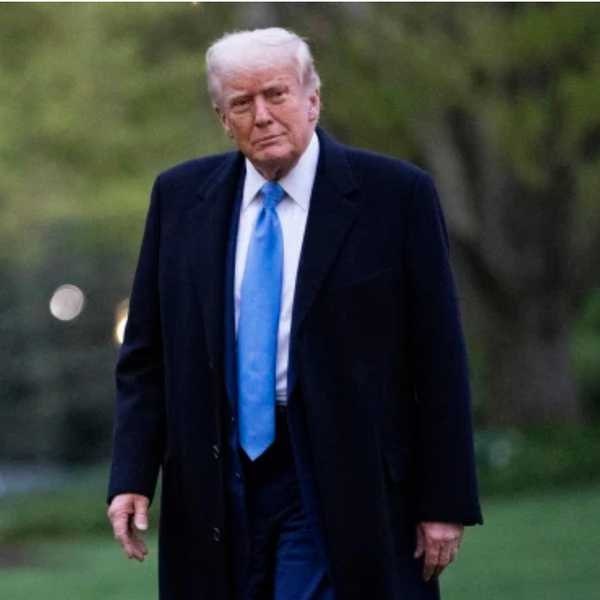
Jefferson Beauregard Sessions III is one in a long line of reprehensible characters likely to inhabit the Trump White House. But if he is confirmed as the nation’s highest-ranking law enforcement officer, Sessions will be in a position to provoke extraordinary harm in the lives of ordinary Americans.
As U.S. attorney general, Sessions would run the Department of Justice; he’d have jurisdiction over its policing and prosecutions (the FBI is under Justice), as well as its enforcement of civil rights protections. Expect a Sessions-run department to play havoc with the very word “justice.”
Sessions, born in Selma, Alabama, in 1946 (yes, the Selma of Bloody Sunday), is one of those white Americans who never fully accommodated themselves to the changes wrought by the civil rights movement. His civil rights record is well known by those who work to remedy discrimination; that record helped to torpedo his 1986 nomination to a federal judgeship.
As a U.S. attorney in Alabama in the 1980s, he oversaw a weak case accusing civil rights activists of voter fraud — a prosecution the jury rejected in a mere three hours. Further, a black colleague testified that he had called the National Association for the Advancement of Colored People “un-American” and “communist-inspired.” And he had described the Voting Rights Act of 1965 as an “intrusive piece of legislation.”
Sessions’ retrograde positions on civil rights, though, didn’t stop his political rise. In fact, those positions likely accelerated his ascent in Alabama, where he was elected state attorney general before winning a seat in the U.S. Senate. It was from that post, to which he has been elected three times, that he became one of the first high-ranking politicians to cozy up to Donald Trump.
In the Senate, Sessions learned to publicly moderate his rhetoric and to take positions that made him seem less racist. Still, his bigotry came to the fore as he pushed legislation to oppress gays and immigrants. Not only did he vote against the bill that repealed “Don’t Ask, Don’t Tell” — a bill that finally allowed gay sailors and soldiers to serve openly — but he also supported a constitutional ban on same-sex marriage. Never mind that such a bill would have contradicted the local control that conservatives claim to favor.
If his homophobia put him in close alliance with Vice President-elect Mike Pence, his views on immigration gave him common cause with Trump. Sessions has battled ferociously against every effort to enact comprehensive immigration reform over the last two decades. After the Senate passed an immigration reform proposal in 2013 over his objections, Sessions distributed a booklet to House Republicans to help them defeat the bill. It never passed Congress.
And let’s be clear about this: Sessions is skeptical toward even legal immigration. He introduced an amendment to the 2013 bill to curb legal admissions to the country, claiming that Silicon Valley executives have lied about a shortage of U.S.-born engineers and scientists. Mother Jones magazine quoted a Democratic staffer who said that Sessions and his aides “viewed this much more as a fight for the soul and identity of America as they knew it, rather than one of policy disagreements.” In other words, they were battling against the browning of America.
But those whites who find Sessions’ xenophobia comforting should beware: They might learn that he has some unpleasant surprises in store for some of them, too. As just one example, Sessions has exhibited outdated views on marijuana. While President Obama chose to look the other way as states began to legalize it, Sessions would probably start using federal law to prosecute users.
In a speech from the floor of the Senate earlier this year, Sessions said: “You can’t have the president of the United States of America talking about marijuana like it is no different than taking a drink. … It is different. … It is already causing a disturbance in the states that have made it legal.” He believes that “good people don’t smoke marijuana” and that it is “not the kind of thing that ought to be legalized.”
After several years of bipartisan agreement that the so-called war on drugs has run amok, Sessions seems poised to take us back to the era of “Reefer Madness.” That’s the justice of a zealot.
Cynthia Tucker won the Pulitzer Prize for commentary in 2007. She can be reached at cynthia@cynthiatucker.com
IMAGE: Gage Skidmore/Flickr








